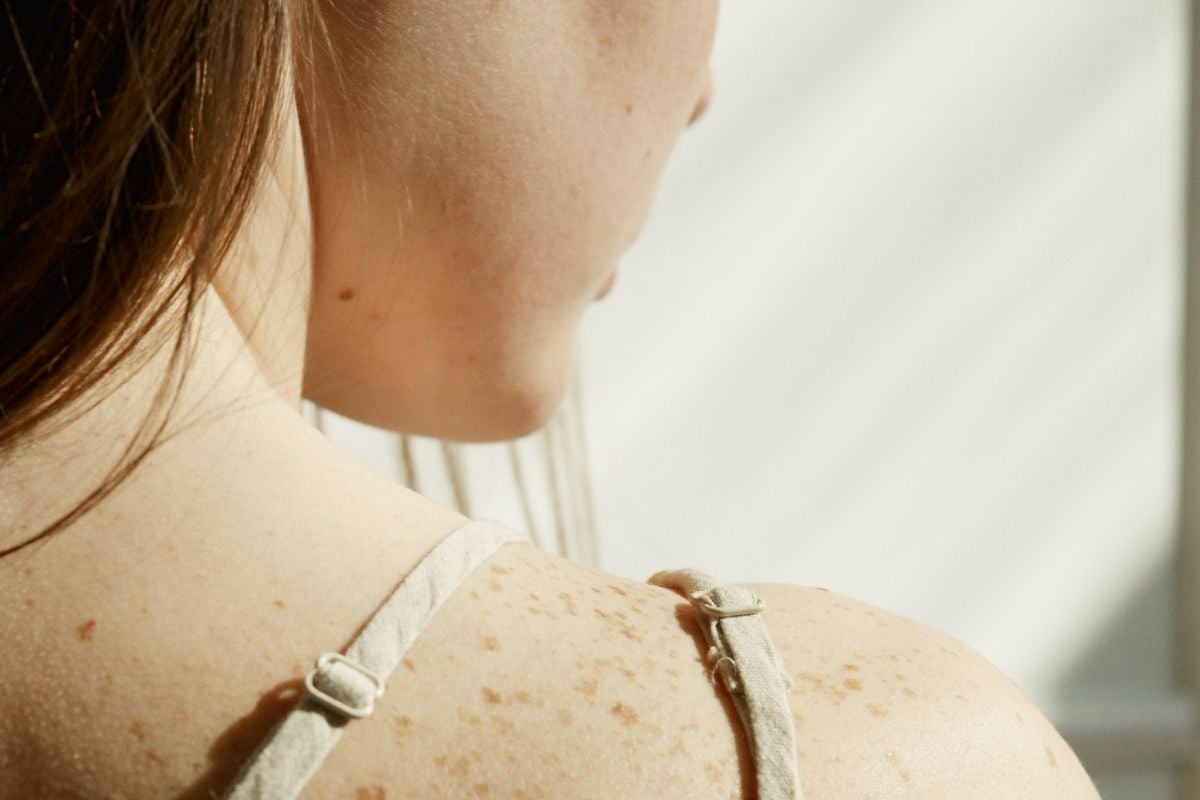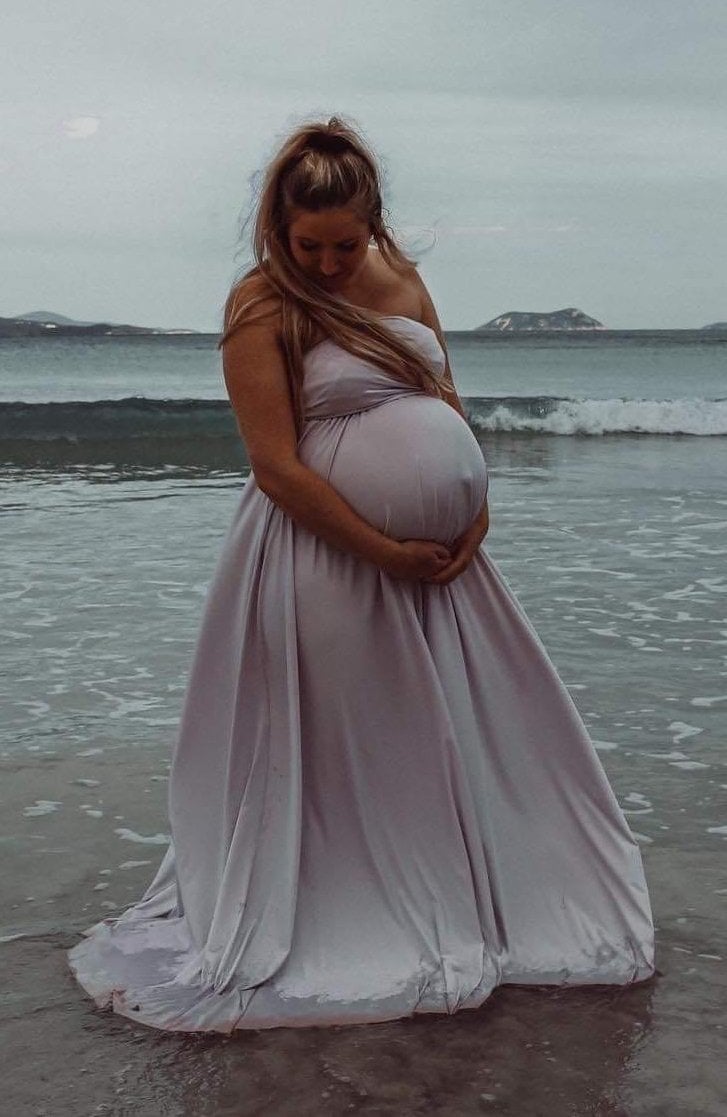
Over the past decade, the cosmetic industry has exploded. These days, ducking in for an injectable treatment is almost as common as getting your hair done.
And while there has been a push to improve the regulations around the safety of those performing both surgical and non-surgical invasive cosmetic procedures, the availability of treatments and the blurring of the lines between ‘cosmetic’ procedures, beauty practices and medical treatments has spawned a host of other frightening issues.
Watch: A look at the growing popularity of cosmetic procedures such as anti-wrinkle injections and fillers. Post continues below.
One of the emerging ethical concerns is the 'upselling' of treatments, where the distinction between practitioner and salesperson becomes a little... hazy.
Marketing their new products and procedures in clinic, some practitioners are now deciding to go against best practice - promoting cosmetic treatments to patients, rather than it being a decision made by the patient.
In turn, this has raised numerous concerns - particularly over practitioners’ responsibilities towards patients.
"I think that because there has been such a huge boom in cosmetic injectables, we are hearing more about it now," said Dr Yumiko Kadota from Sydney Face Doctor.


Top Comments